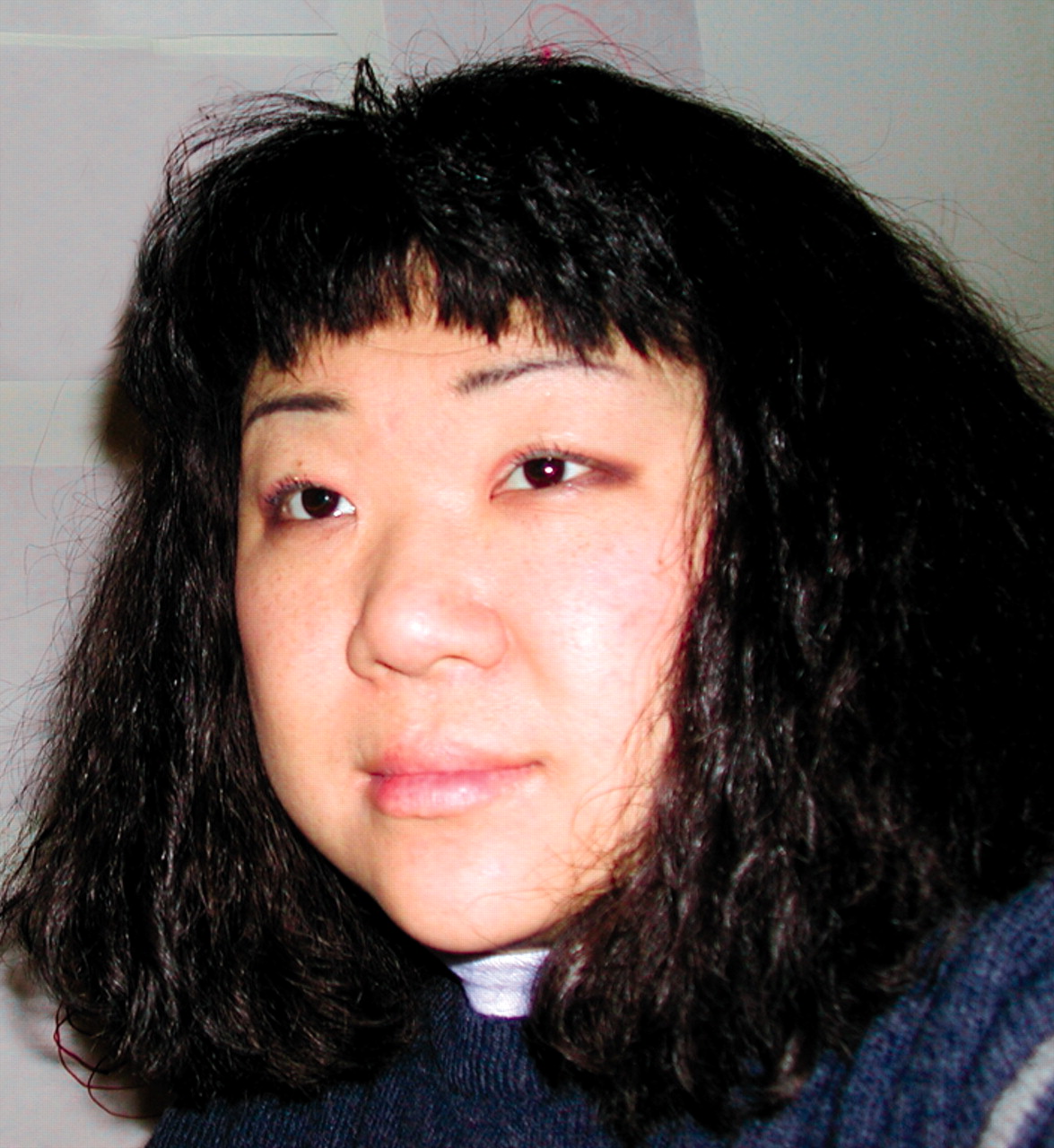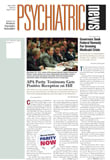Psychiatry resident Susan Ishiyama, M.D., and Rep. Patrick Kennedy (D-R.I.) turn out to be an excellent match. Both have an abiding interest in improving the state of children’s mental health care.
As a result, Kennedy, who is one of the strongest backers of mental health care parity in Congress, agreed to offer Ishiyama a post as a Congressional fellow in his office.
Ishiyama just finished her six-month Capitol Hill tenure as the 2002 APA/AACAP Jeanne Spurlock Congressional Fellow. (AACAP is the American Academy of Child and Adolescent Psychiatry.)
Ishiyama, who recently completed a child and adolescent psychiatry residency at Pittsburgh’s Western Psychiatric Institute and Clinic, was assigned to work on several pieces of legislation on which Kennedy and his staff are involved. These, she said, include bills related to post-disaster mental health services, substance abuse education for health professionals, expanding an existing law on child mental health services, and insurance parity.
The child mental health care expansion legislation has consumed the largest portion of her time on the Hill, she noted. “I have spent a considerable amount of time on it, reworking and adding things that I felt needed to be included—issues such as extending the period, currently four years, during which Medicare will pay the salary of child psychiatry residents and fellows. After four years, the residency program must pay their salary, making training child psychiatrists costly for the programs.”
She added that her work on this bill has also involved contacting advocacy and professional organizations, meetings with other parties who have an interest in such legislation, and approaching other House of Representatives members to be cosponsors of Kennedy’s bill. “It has been quite a learning experience,” said Ishiyama.
She explained that in addition to her work on mental health issues, Kennedy and his staff had her meet with other medical and health-related groups as part of their ongoing contacts with those constituencies. The goal of these meetings was to learn what issues they wanted the congressman to be aware of. Noting that among the organizations with which she met were the American College of Obstetrics and Gynecology and the Funeral Directors Association, Ishiyama commented that she “covered areas ranging from birth to death.”
Speech writing was also on her agenda, and she noted that she drafted speeches for Kennedy on several topics related to mental health concerns.
“I was fortunate,” she said, “to be able to work directly with the congressman on certain issues and to work extensively with senior staff on others.”
One negative aspect of the fellowship is its short length, Ishiyama said. The fellowship is ending, she noted, “just as I am gaining some momentum, especially on the child mental health bill, and I hate leaving things unfinished.” She urged APA and AACAP to find a way to extend the fellowship from six to at least 10 months.
She also suggested that a structured orientation for new fellows prior to their stint on Capitol Hill would enhance the experience as would more interactions with APA and AACAP during the fellowship.
“All in all, this was an outstanding experience,” she emphasized, “especially if one is interested in public health policy and the working of the U.S. government.” She added that she “would jump at the chance to do something like this again if the opportunity ever presented itself.”
Ishiyama is the first winner of the Jeanne Spurlock Congressional Fellowship, which is named in honor of the late APA deputy medical director and head of its Office of Minority and National Affairs. As befits a fellowship named for a psychiatrist who was a forceful advocate for children’s mental health issues, its intent is to provide general or child psychiatry residents an opportunity to work in the office of a member of Congress or a congressional committee whose agenda includes child and minority health issues. APA and the American Psychiatric Foundation administer the fellowship in collaboration with AACAP.
The fellowship is open to psychiatry residents who are in their second or third year of training or who will be out of training for less than one year during their fellowship experience. Each fellow receives a $20,000 stipend and $2,500 to cover expenses of moving to Washington, D.C.
More information about the Spurlock fellowship is available on APA’s Web site at www.psych.org/med_ed/spurlock_congressionalupdate111401.pdf or from Marilyn King at (202) 682-6096. ▪

